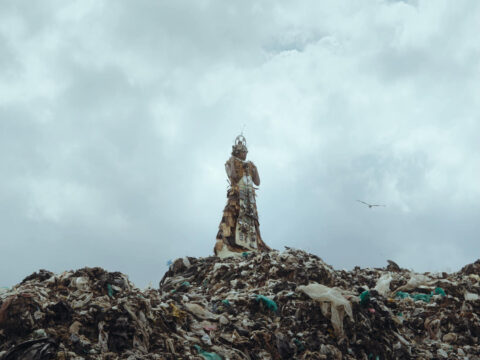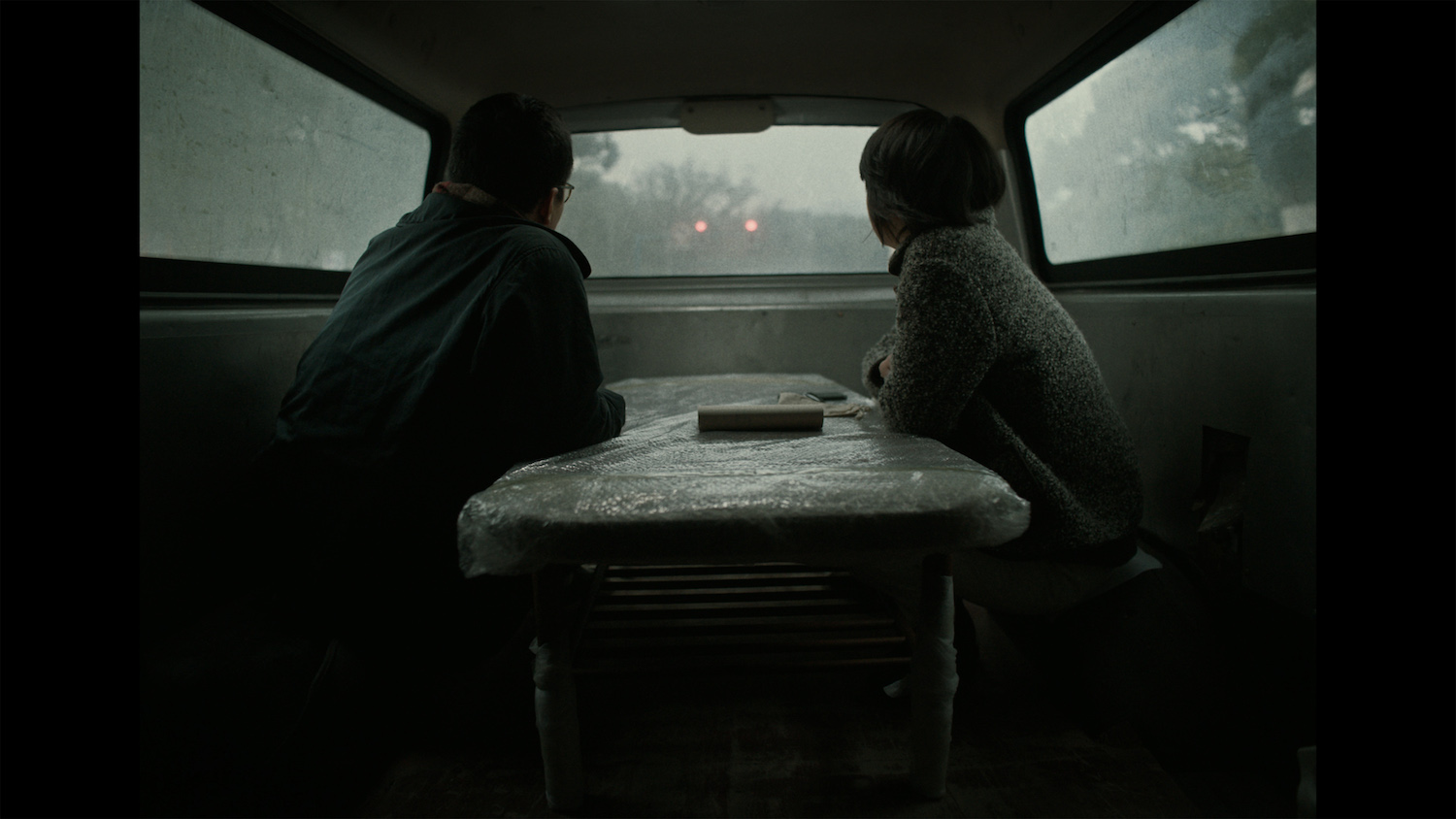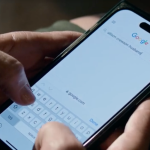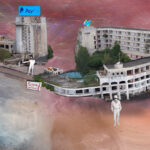There’s a peculiar challenge in programming the shorts strand of a major festival that primarily focusses on feature films.
While the Berlinale boasts similar submission numbers (around 4000) to specialist festivals like Clermont-Ferrand and Encounters in Bristol, the latter can programme 100s of films as the Berlin curation team is forced to whittle the list down to a maximum of 25. This makes this year’s 20 films just a tiny fraction of the wider short film landscape.
The nature of the film festival economy, invested in a self-perpetuating cultural capital, means these merry few get a particular kind of pedestal – a programmer’s idea of the future of cinema. In today’s film industry, shorts sadly function as dry runs for feature work. It’s a disheartening heart of affairs, as the form is at its best when both self-contained and playing loose with itself, with little to no concern for where its successes or failures may take the film-makers next.
For the most part, this year’s shorts do feel like complete film works. Berlinale’s reputation as the most overtly political and socially conscious of all the Big Five film festivals is visible throughout this programme; the 20 variously tackling the male gaze, neocolonialism, abortion, poverty, racism and more.
What is refreshingly welcome is how many of these films refuse to tackle these topics in rote, simplistic ways, encouraging more active modes of spectatorship than one-way, manipulative identification.
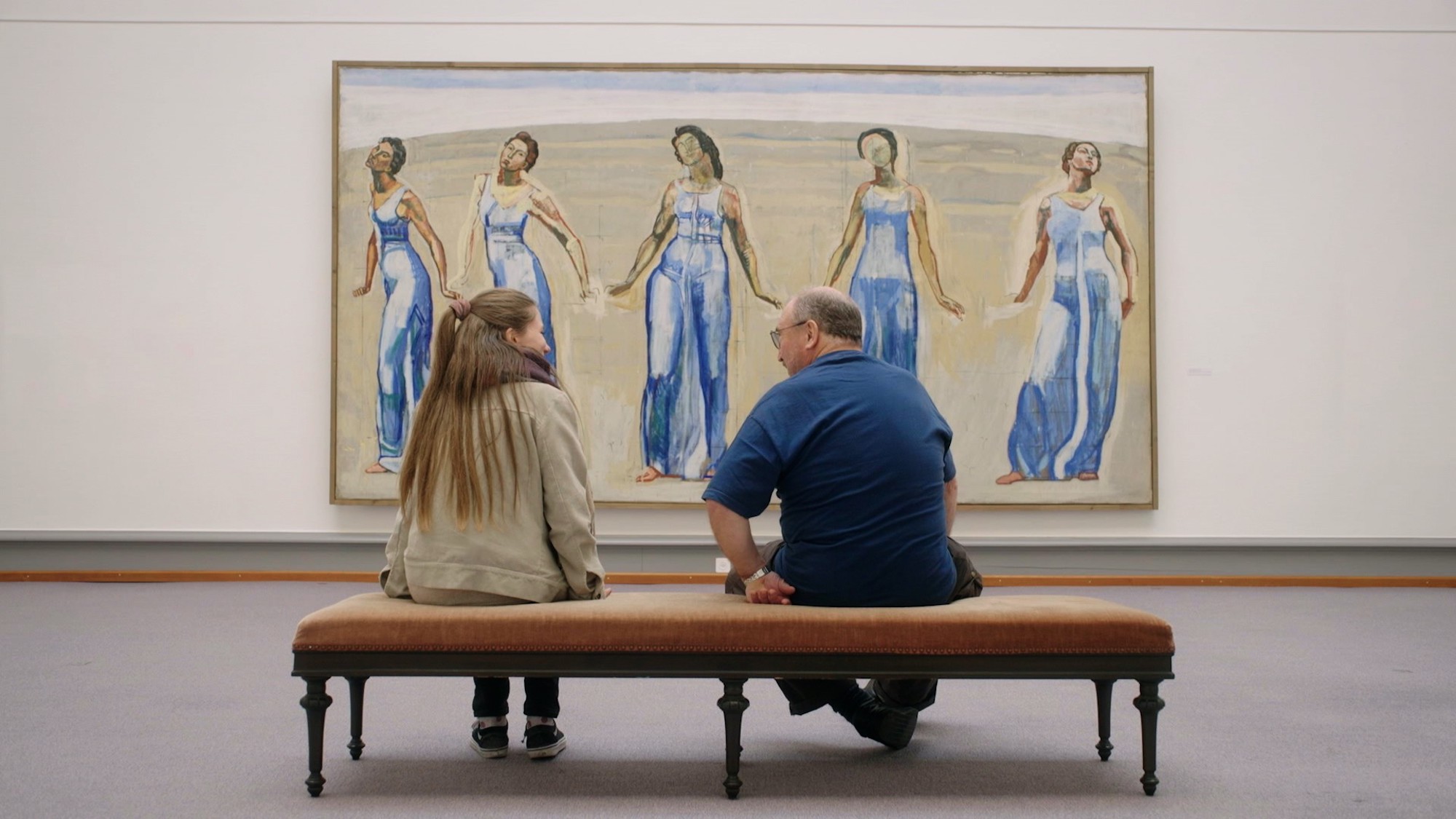
Bear Trouble
As far as socio-political concerns go, Morgane Frund’s Swiss-effort Ours (French for bear) is amongst the most enticing. During her film studies, Frund meets the nominatively deterministic Urs, a retired pensioner who spent many holiday trips deep into northern Canada and Russia filming bears.
Frund, fascinated by his archive, is digitising Urs’ films. She comes across an unsettling discovery: in addition to his love of bears is a love of filming unconsenting young women on the street. Lingering shots of heels, slow zooms on chests, long gazes at their anonymous and sometimes visibly annoyed faces — all are present in his footage, alongside more unsettling and predatory behaviour that goes unscreened.
Morgane takes the decision to confront Urs with this material. Uncomfortable, tetchy discussions follow. Morgane is young and intelligent, but also shy, frequently breaking into awkward laughs over particularly difficult segments. Urs is, well, a stereotypically retired German-speaking boomer. A conversation in a gallery sees them discuss which paintings could have been painted by a woman or a man. It’s fascinating watching a man like Urs – who probably never forced himself to consider these questions – suddenly having to contemplate them.
There is a lingering question about reproducing the inclusion of these anonymous women — having had their privacy invaded once by Urs years ago, is it any consolation having their privacy invaded again, this time for public consumption by a chin-stroking festival crowd? I’m not personally sure, while Frund avoids confronting this paradox herself.
I’m nonetheless fascinated by their strange odd-couple dialogue and the questions it presents for documentary film-making, ethics, and the viability of productive conversation. Frund could have shunned Urs entirely. She’d have every right to for her own peace of mind. But in opting to construct the film around her attempts to engage with him, the film develops into something more contradictory. Ours could have so easily been a simple MAN=BAD film (which would have no doubt earned it thunderous applause at Sundance). Instead it’s a complex, fluid look at the effects of the male gaze and internalised misogyny.
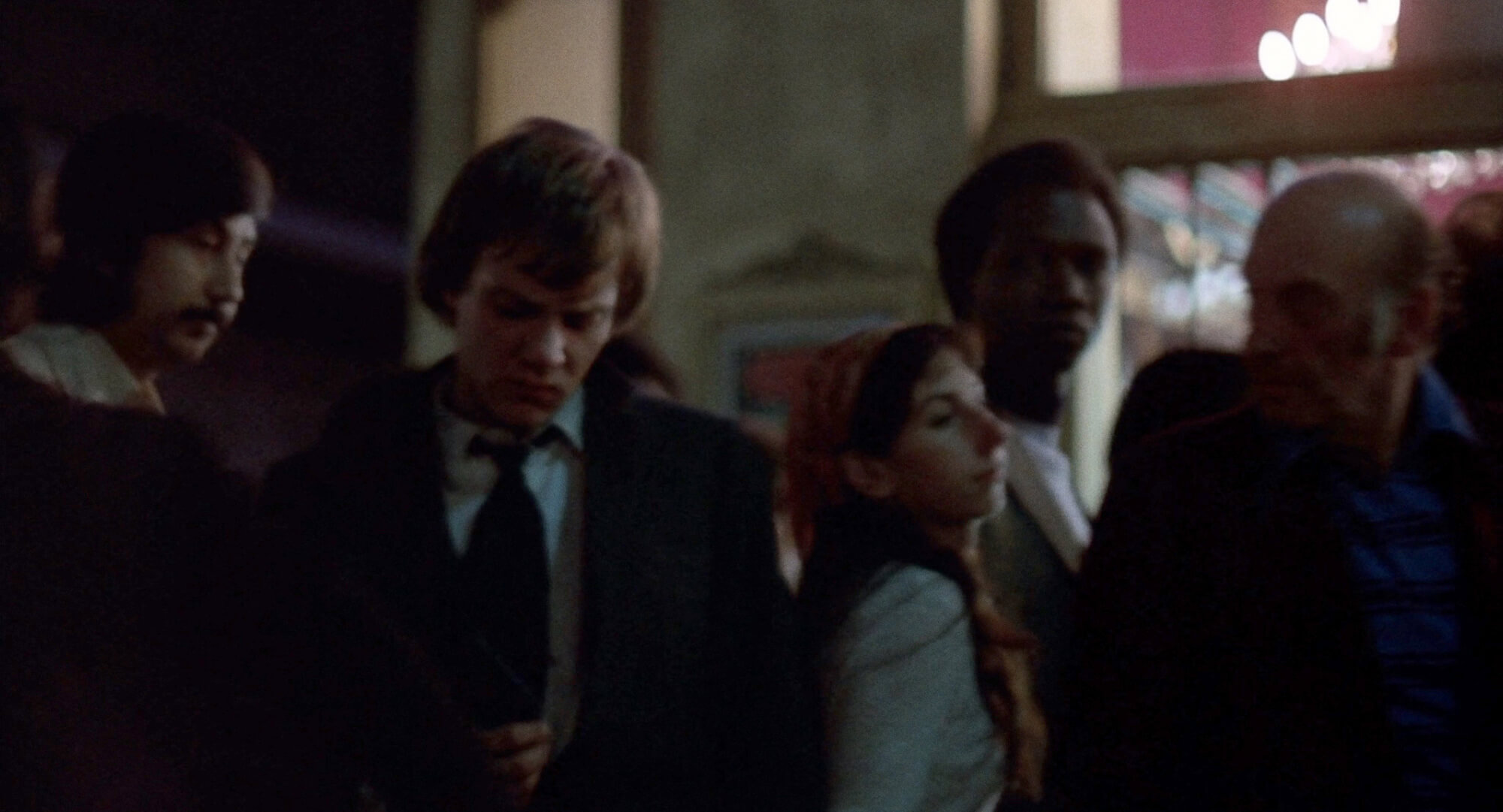
Always Seen, Never Noticed
If Ours is about outwardly confronting the male gaze, then the British-Canadian Jill, Uncredited (Anthony Ing, 2022) relies more on subtle implications.
It’s a video essay built exclusively out of the appearances of Jill Goldston onscreen, accompanied by a piano soundtrack and the clicking and clacking of a keyboard, pausing, zooming in on Goldston’s face, and playing again. Goldston was a regular fixture on British film and TV across the 60s, 70s, and 80s — appearing in over 2000 productions across her career. You’d probably never recognise her though: her appearances were nearly always as a non-speaking background extra or in tiny walk-on parts.
She was certainly blessed with the face of a capable character actor: a bright, generous smile, a small, wiry frame, and a distinct, witchy nose (the giveaway sign of a Jill Goldston film). We’re given space to contemplate the strange and barely perceptible (but key) imprint of a below-the-line jobbing actor throughout her life; this panoply of footage also speaking to the limitations the film industry imposes on women like her.
Grouped thematically, we see her as a teen at a nightclub, a peasant girl, a minor member of the aristocracy, a car-crash victim, and a whole universe of nurturing roles: nurses, maids, teachers. Only very rarely does a role break out of these small, predominantly feminine types: the occasion where she appears as an army administrator is given noticeably more screen-time. It’s an imaginative and well-researched piece of documentary work that doubles as proactive film criticism, paying tribute to a lifetime of honest work and critiquing the systematic inequalities beneath it.
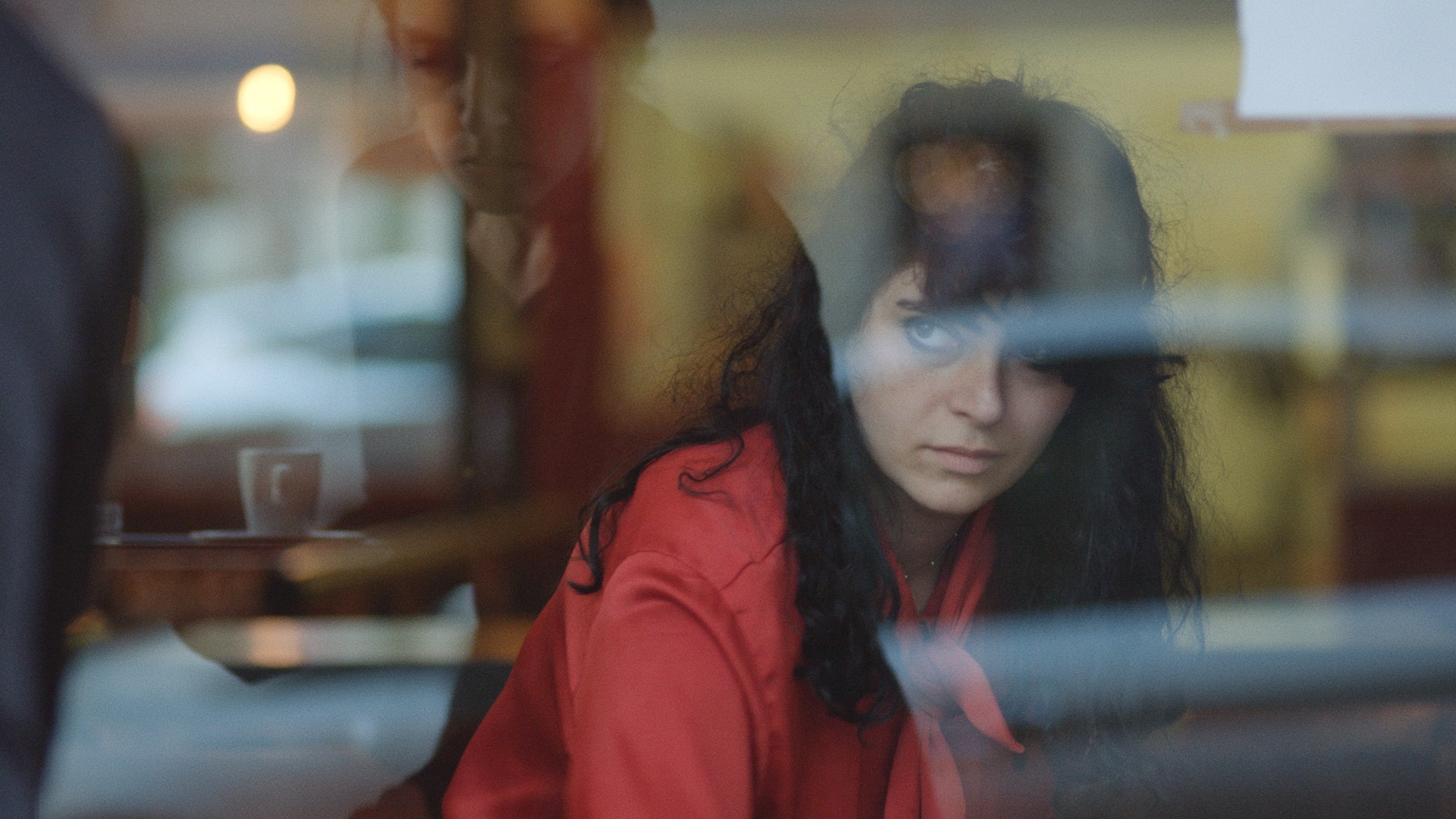
Fortress Europe
Whilst the overall Berlinale programme is excellent, one does long for a bit more geographic diversity within the selection. Five out of 20 films are French productions while a large bulk of the rest come from a Western European nexus – Austria, Germany, Switzerland and the UK.
But these distinctions can be broken down – Les Chenilles (Michelle & Noel Kaswewany, 2023, above) is very much a Lebanese film in spirit and attitude. A rousing, if overlong, tale of female solidarity amongst Lebanese expats in Lyon, it’s nonetheless classified in the programme as French.
Elsewhere Rwandan/Swiss production Terra Mater (Kantarama Gahigiri, 2023) is raw, angry and impassioned, featuring excellent music and a cyberpunk Afrofuturist style, recalling a sharper and more succinct version of Saul Williams and Anisia Uzeyman’s sci-fi African feature-length musical Neptune Frost (2021).
But another African(ish) representative — the slight and forgettable Kenya-set A Woman in Makueni (Daria Belova and Valeri Aluskina, 2023) — feels more like a slice of poverty porn, dispassionately telling a rather basic tale of a man looking to visit his wife in prison, despite some very elegant cinematography that captures the man’s anxiety through elongated gazes.
The world of African cinema surely has an absolute plethora of varied, imaginative and forward-thinking voices, so it remains a source of obvious embarrassment that none of the major film festivals seem to sustainably promote African voices – I’m not sure a German production directed by two Eastern Europeans is the best window into this world. But then again, do they need Europe anyway?

Shortest is Sweetest
Thankfully, given artistic freedom and scope, genuinely refreshing and empowered voices can emerge. Dutch-funded Back (Yazan Rabee, 2023, above) is one such film. The director, an emigre from Syria, speaks first of his nightmares and trauma in the wake of his homeland’s Civil War. Images of a figure, presumably himself, stranded on a beach, and POV shots of somebody running through the woods bring to mind media depictions of refugees we’ve become inundated by and desensitised to: faceless, hungry people on boats and emerging through forests. But Rabee opens this up considerably, digging deep underneath the surface.
He delves into archival footage, combining self-shot depictions of the Arab spring with TV recordings of Bashar al-Assad and his late father Hazef al-Assad; a strongman in the same vein. Rabee speaks of longing to return to the time of Hazef: a time of peace for Syria, albeit one built on authoritarian state security.
Therein lies the contradiction. Hazef’s time feels like a time of relative security (especially compared to today), but one rooted in geopolitical convenience and cult of personality – the pageantry, in spite of its ridiculousness, was key to the sense of safety.
In other words, it’s a story, and the specifics of that story can never be returned to; their foundations have long since collapsed. The inability to return to something, anything, also informs Rabee’s status as an exile, pushing our director into an ever-increasing cycle of nightmares and anxiety.
It’s astounding film-making, all the more so for being one of the shortest films here at just seven minutes long. It merges the personal and the political in a profoundly affecting way, emerging conscious of the director’s own status as a refugee/expat/exile and of the political structures that transported him against his will.
It’s precisely the sort of reflective, politically open and radical film-making that the short form is purpose-built for.
Three More Highlights
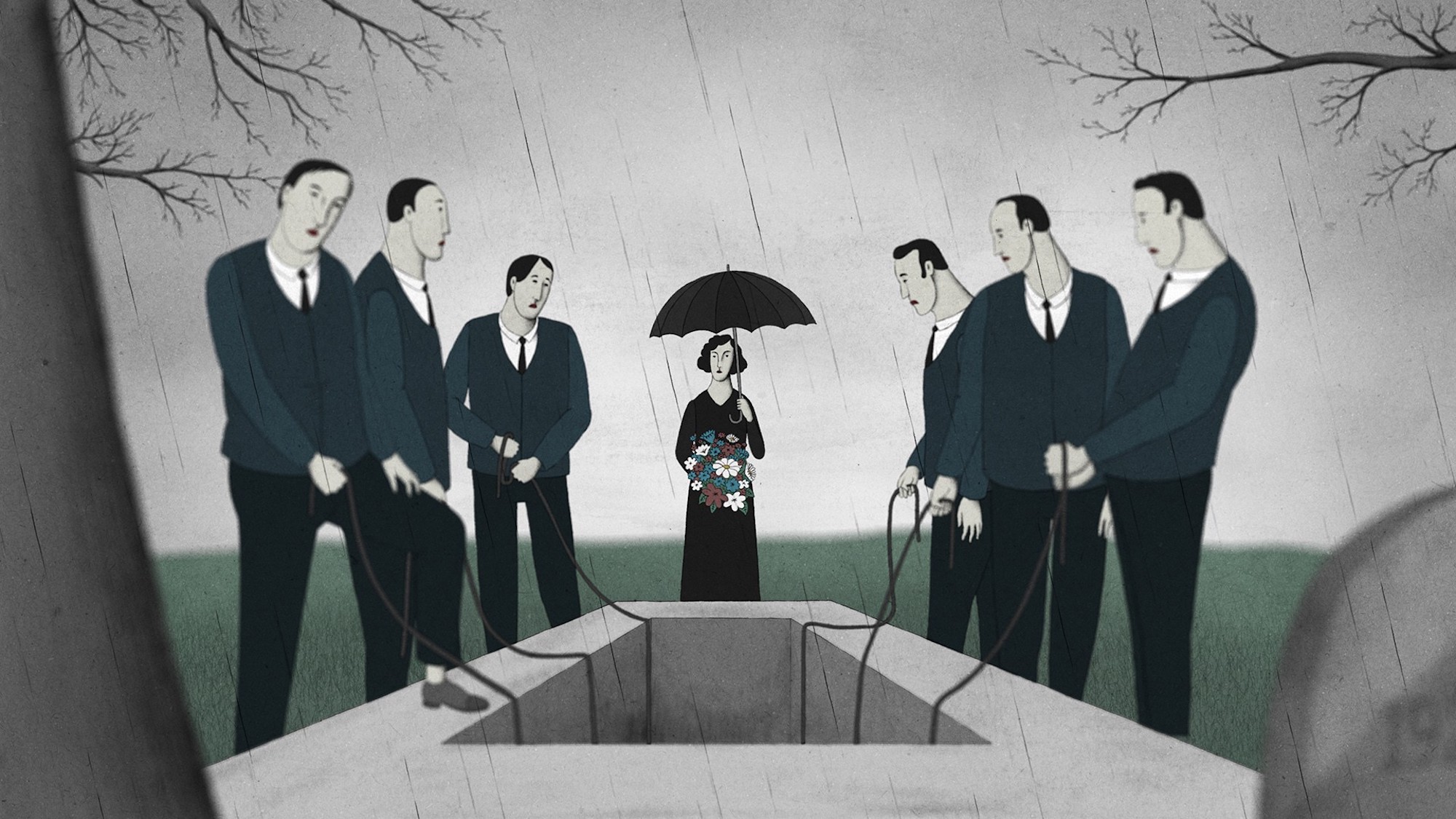
Eeva (Morten Tšinakov and Lucija Mrzljak, 2023)
A delightfully surreal Croatian-Estonian animation about a woman grieving her partner at a funeral, but finding herself simply incapable of doing so ‘normally’. An amusing take on the performativity of mourning.
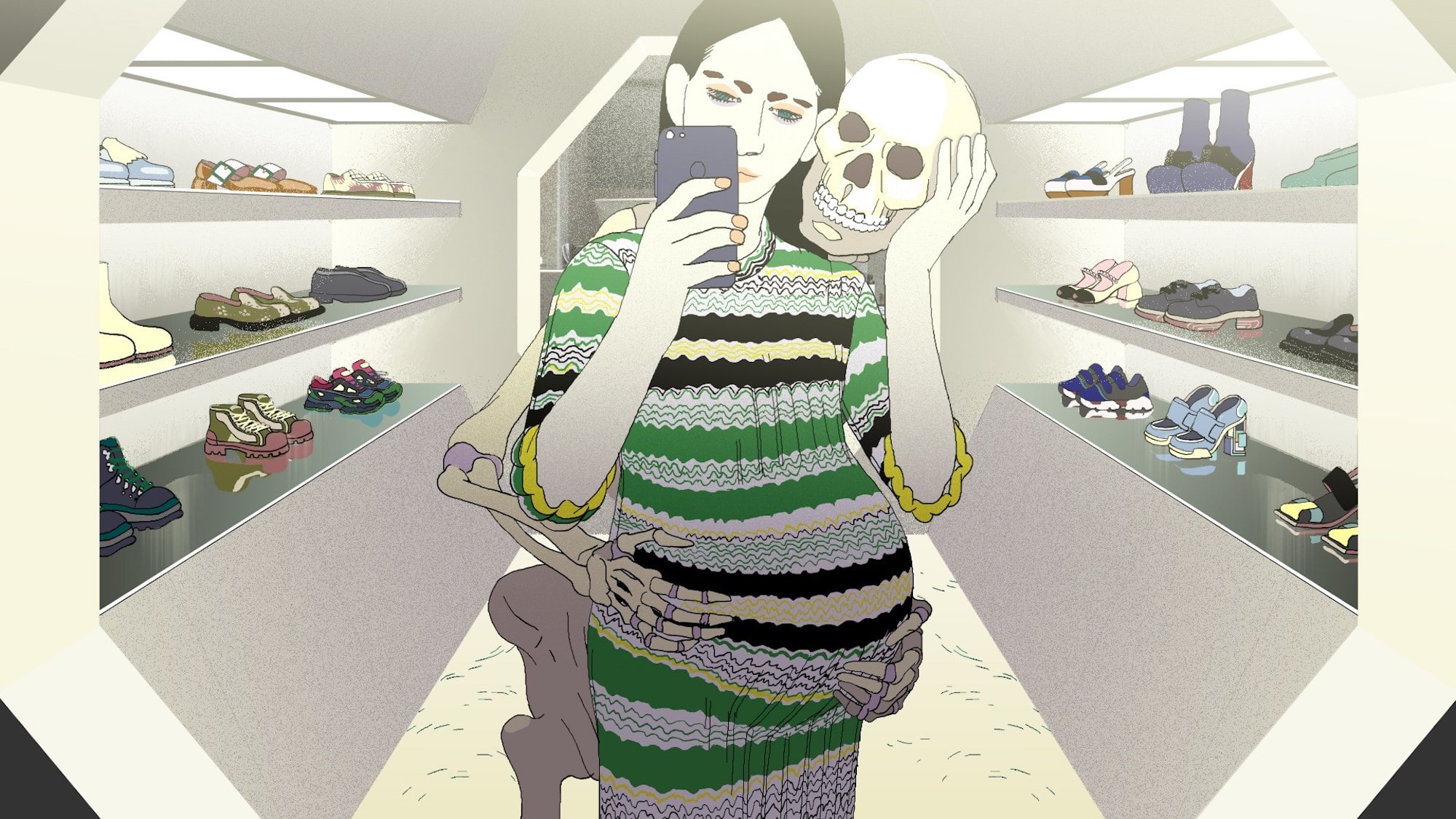
A Kind of Testament (Stephen Vuillemin, 2023)
Equally wild: a woman discovers a stranger has constructed a series of bizarre animated films about her based on photos from her social media feed. It only gets more berzerk from there. I have no idea if this is based in fact or not.
Daughter and Son (Cheng Yu, 2023)
This film has an astounding moment where we see the moon in the distance, framed by the two protagonists and the balcony railings. The shot is long enough, and timed well enough, that we get to see it crawl slowly across part of the screen. I’m interpreting the rest of the film as an allegory for the various identities people take on to survive against a totalitarian regime – a fascinating, enigmatic piece of film-making, the better of the two sole Asian representatives in the shorts strand (the other, All Tomorrow’s Parties (Zhang Dalei, 2022), is also Chinese.)
Fedor Tot is a Yugoslav-born Wales-raised Brazil-based film critic and curator specialising in Balkan cinema, with bylines at WeLoveCinema, Mubi Notebook and Photogenie.
